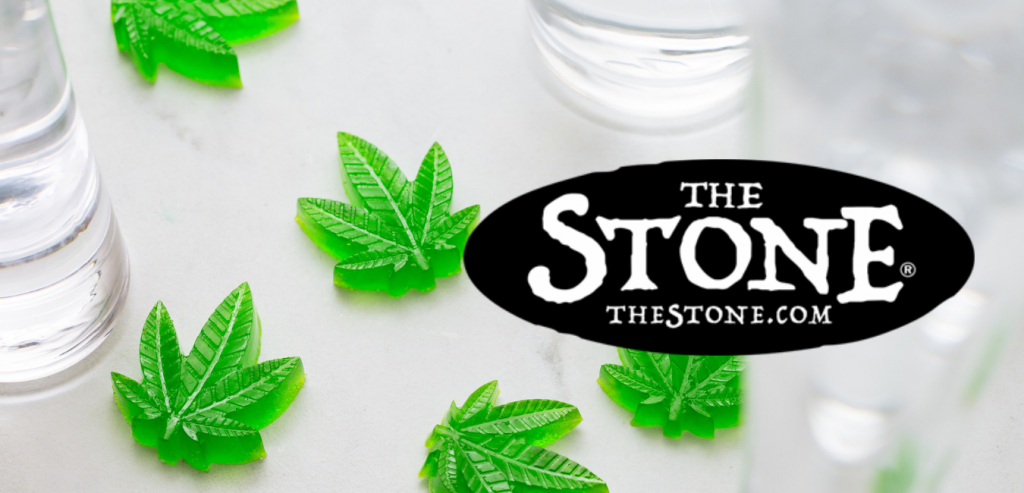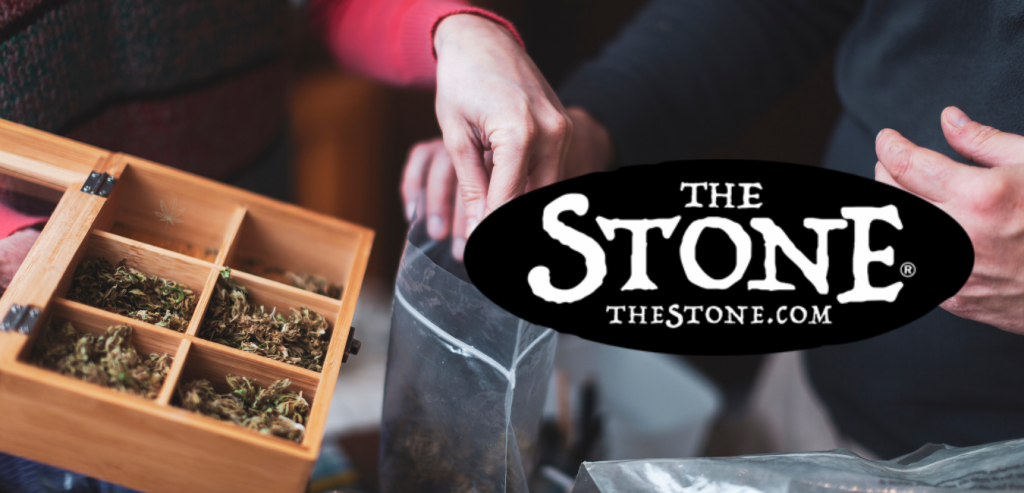
This website is for users aged 21 and over. Please confirm your age.

Why and how to grow cannabis plants organically? All the things you put on your plants, whether plant food or pesticides, can end up in your smoke. It’s not worth taking the risk.

In short, it means no chemical fertilizer and no synthetic chemicals. All the things you put on your plants, whether plant food or pesticides, can end up in your smoke. It’s not worth taking the risk.
The thing with organic methods is that sometimes weeds don’t grow as quickly, so you have to put up with a bit more stress. You have to play around to see what amount of nutrients work best for your plants under different conditions. Some people like to use compost (made from weed clippings plus certain other ingredients) because it’s easy, chuck some in the soil, and that’s it! But you have to make sure you get the mix right. Otherwise, your plants will suffer.
The list goes on – basically anything organic, but experiment with different ingredients to see what works for you. If you’re using compost (and it’s not suited for organic weed growing – check out the other fertilizers), then maybe throw some blood and bone or fish emulsion into the mix.
Or you can use guano, which is another good source of nutrients that breaks down into the soil over time. You can buy guano in compressed blocks or as a powder. The only problem with it is that you have to be careful of certain poisonous plants.
The thing to remember with organic weed growing is that the more ingredients you add-in, the more complicated it gets.

You can’t use any old herbicide on organic cannabis plants – they need specific safe types for use around edible crops. Be careful about what you use, some weedkillers are safe enough to spray directly onto weeds, but they can burn your plants if used in high concentrations. Look for organic sprays with no chemicals – there are plenty on the market.
A warning about snail and slug pellets – these are poisonous (obviously), so don’t put them near your plants. They work their way up the food chain, so if you put them into the soil, it will poison worms and other creatures, then birds and animals that eat those creatures, and so on.
Cover any pots with a protective barrier like horticultural fleece to stop them from reaching your plants. You can also surround your plants with crushed eggshells, making the soil more alkaline and less attractive to slugs and snails.
Remember: don’t smoke any weed that’s had chemicals on it!

There are various ways of growing weed, but most involve some degree of chemical enhancement for optimal results.
An organic method obtains all requirements without using synthetic chemicals or fertilizers, using only naturally available products.
For example, compost (yard clippings, manure, etc.) can be used as alternative soil. Various water crystals can be added to the water supply, which slowly releases nutrients over a more extended period.
This is because you are in charge of everything that goes into it. Organic weed can be just as good or even better than weed grown with chemicals if done right. But do not forget that increasing weed organically is more complex than chemicals.
And now on to the following article in the series: How to grow weed outdoors organically?
Are you looking for information on how to grow weed outdoors organically? Get tips on growing cannabis plants outdoors organically, without any synthetic chemicals, by using naturally occurring substances found around the home. If you are not experienced in growing marijuana and would like to know more about how it’s done, read my article on How to Grow Marijuana Indoors Organically .\
There are many ways to grow weed organically, and all these methods will result in a healthy, organic herb. Whether you want to grow your plants indoors or outdoors, there is always a natural alternative. If you choose to go “natural,” it will save you money because you can use household products and don’t have to purchase unique weed-growing products.
All you need to do is find the best location for your plants. Most people grow cannabis in their yard because it’s private, secluded, and usually has plenty of sunlight, but this isn’t always possible, so here are some options:
– Growing marijuana indoors
– Grow marijuana outdoors using a greenhouse
– Growing marijuana outdoors in a sunny location
Grow weed organically by choosing an excellent outdoor location. Find an area with full sunlight and minimal shade near a water source (water daily), which is flat and high enough to prevent flooding during the rainy season. Preferably choose rich soil that has been amended with compost and has good drainage. First, prepare the ground by adding compost (or manure) and other amendments like potash or blood meal. This will ensure that the plants receive all their nutrients throughout their growing phase.
Grow weed organically by using an existing greenhouse, shed porch, or patio if your chosen location gets a decent amount of sunlight. If you don’t have a conservatory or porch, build your small igloo-shaped greenhouse out of plastic bins and PVC pipe to give yourself that extra boost needed during the colder months.
The best way to successfully grow cannabis plants outside is by choosing a sunny location with rich, fertile soil high in nitrogen.
In most countries, weed is decriminalized or legalized, and you will have to buy your seeds from a medical supplier. Where it is still illegal to grow your cannabis, you can try and find a friend with a plant who would be willing to share seedlings. If you don’t know anyone, you can always purchase seeds online. Use these tips to grow weed outdoors organically and ensure your plants are healthy and free of pesticides or chemical fertilizers.
By growing weed organically, you will have a healthier plant that produces a better bud quality. It is well worth the extra effort and time to do it naturally, especially if this is your first time growing cannabis plants. Follow this guide for the best results when growing your marijuana outdoors organically.
*** Note: You can also grow your marijuana outside, but you have to consider the climate of your area. To protect your plants from winter frosts, you can use small greenhouses to keep your plants warm.
We warmly welcome you to explore our highly acclaimed strains, concentrates, and edibles. Serving recreational clients with pride is our passion.
At our dispensary, you'll find a professional yet inviting atmosphere that prioritizes your comfort and privacy. Feel free to stop by at your earliest convenience to experience it for yourself. We can't wait to serve you!


